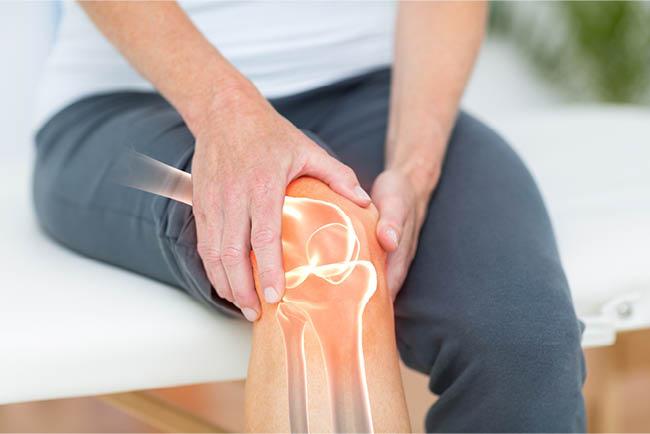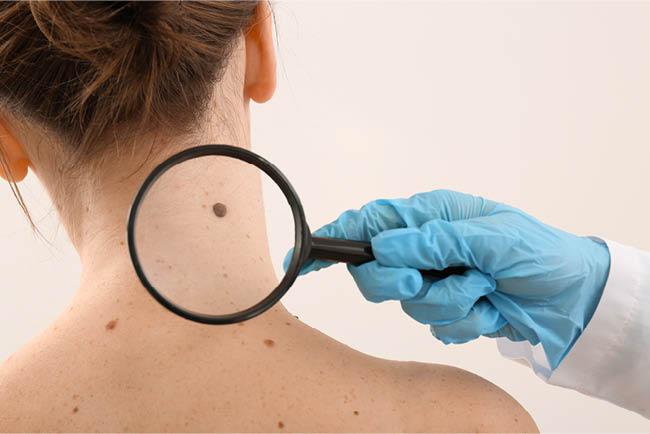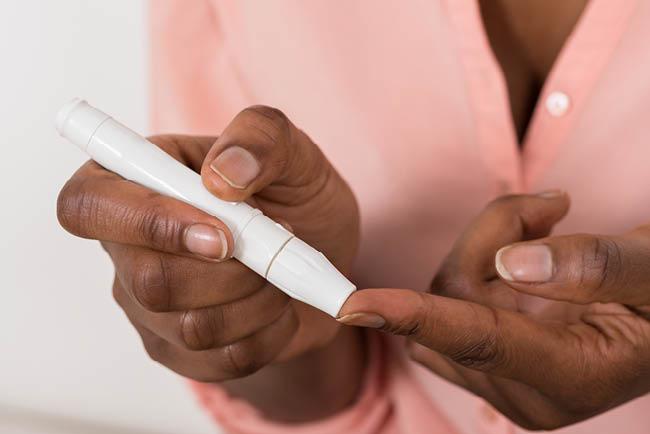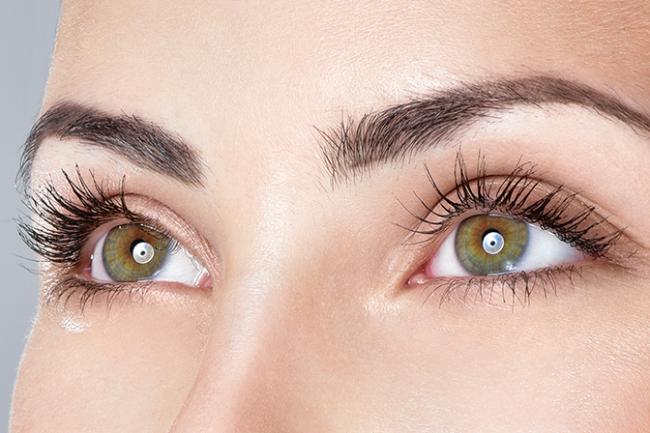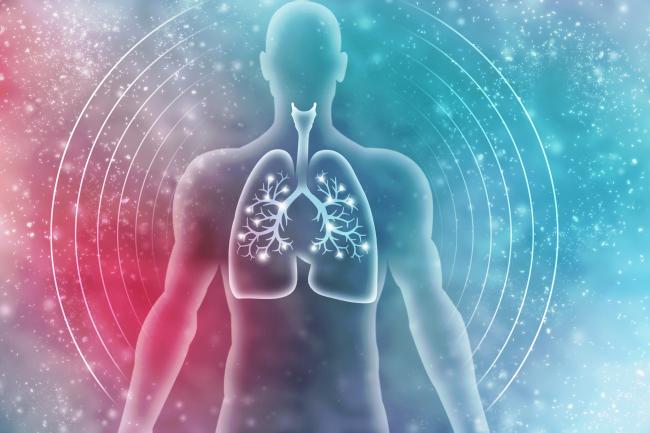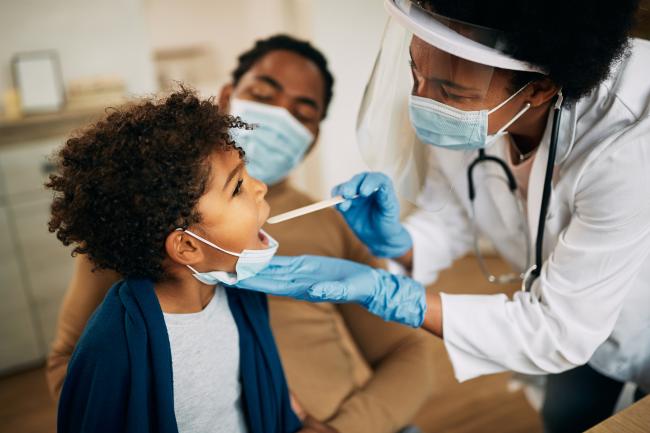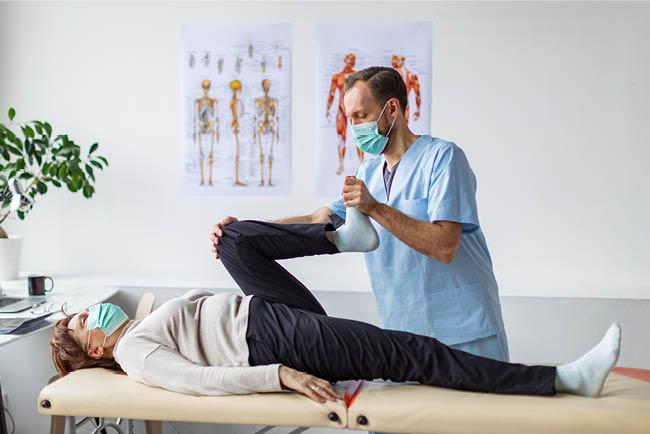Search Studies
Research studies are looking for volunteers just like you. Both healthy volunteers and participants with specific health conditions are needed to help answer important questions impacting the health of our friends and family. Join us to improve the health of others.
-
Healthy Diet Study
Official Title A prospective randomized unblinded study of ketogenetic versus mixed diet on exercise tolerance in subjects with the metabolic phenotype of heart failure with preserved ejection fractionPurpose
The purpose of this study is to compare the effects of a well-formulated ketogenic diet with a low-fat diet on exercise tolerance in patients with heart failure and diabetes or pre-diabetes or metabolic syndrome.
Could this study be right for you?
- Age ≥ 18 years old and ≤ 80 years old & willingness to be randomized to either diet.
- NYHA class I – III for at least 3 months.
- Ejection fraction ≥50% by biplane 2D, or 3D echo, or CMR.
- Echo findings of abnormal or indeterminant diastolic function or RHC data: At rest: mean pulmonary capillary wedge pressure (PCWP) > 15 mmHg. Pulmonary vascular resistance (PVR) < 3 Wood Units.
- Stable medical therapy for at least 3 months as determined by the treating physician (no new cardiac or diabetic medications within 3 months of enrollment or during enrollment and dosage should be stable for 1 month prior to enrollment).
- Dose of oral diuretics changes allowed but must be stable for 1 week prior to randomization.
- Body Mass Index (BMI) ≥ 25 and ≤ 50 or Type 2 Diabetes Mellitus or prediabetes (fasting glucose of 100 - 125 mg/dL or hemoglobin A1C 5.7-6.4%) or metabolic syndrome.
- Ability to participate in exercise treadmill testing.
- Ability to sign written consent.
Exclusions:
- Women who are pregnant, current breast-feeding, or have intention to become pregnant while in the study.
- Known allergy or sensitivity to gadolinium-based contrast agents.
- Implanted pacemaker, cardioverter defibrillator, Cardiac resynchronization therapy, left ventricular assist devices.
- Other metallic implants/aneurysm clips that are contraindicated in MRI.
- Claustrophobia
- History of severe kidney disease of eGFR < 30 ml/kg/1.73m2.
Exclusion Criteria varies, please contact Study Coordinator.
Age Range
18 - 80 years -
PREVENTABLE
Official Title PRagmatic EValuation of evENTs And Benefits of Lipid-lowering in oldEr adultsPurpose
The purpose of PREVENTABLE is to learn if taking a statin could help older adults live well for longer by preventing dementia, disability, or heart disease. The duration of the study will last 5 years.
Could this study be right for you?
Inclusion Criteria:
- Community-dwelling adults
- Age ≥75 years
- English or Spanish as primary language
Exclusion Criteria:
- Clinically evident cardiovascular disease defined as prior myocardial Infarction (MI), prior stroke, prior revascularization procedure, or a secondary prevention indication for a statin (clinician determined)
- Hospitalization for a primary diagnosis of heart failure in the prior 12 months (Note: History of heart failure in the absence of recent hospitalization or clinically evident cardiovascular disease is not an exclusion)
- Dementia (clinically evident or previously diagnosed)
- Dependence in any Katz Basic Activities of Daily Living [ADL] (with the exception of urinary or bowel continence)
- Severe hearing impairment (preventing phone follow up)
- Unable to talk (preventing phone follow up)
Exclusion Criteria varies, please contact Study Coordinator for more information.
Age Range
75 years and up -
Breathing Training Program for Breast Cancer Survivors with Obesity
Official Title Reducing exercise intolerance through inspiratory muscle training in obese breast cancer survivors (IMOCS)Purpose
The purpose of this study is to better understand why some survivors of breast cancer have difficulty exercising. We also want to learn if breathing exercises can make it easier to tolerate exercise.
Could this study be right for you?
- Breast Cancer Survivor
- Completed treatment within 6 months–5 years
- Have obesity, defined as body mass index between 30-50 kg/m2
- Can exercise independently
Age Range
18 years and up -
The Tree of Hope: A Method to Reduce Burnout, Improved Hope and Increase Resilience
Official Title The Tree of Hope: A Method to Reduce Burnout, Improved Hope and Increase ResiliencePurpose
The purpose of this study is to improve the sense of hope and build resilience through creating one’s Tree of Hope. This study is being done because we see that today’s environment is quite stressful and this can lead to people feeling less hopeful in their present and the future.
Could this study be right for you?
- At least 18 years old
- Able to read and understand English
- Healthy people and patients will be eligible for this research study
- Participants will be eligible even if they are not seen at OSU for their care.
- We will not abstract any data from electronic health records. Patients will complete a survey that asks them questions about their health conditions
Exclusion Criteria
- Any physical or mental condition that the principal investigator considers as impacting the ability of the patient to participate in the research study. Examples include visual or hearing impairment, arthritis, weakness or other medical problem that impairs their ability to write.
Age Range
18 years and up -
Brains, Emotion Regulation and Adolescent Moods (BEAM) Study
Official Title Neurodevelopmental Mechanisms Underlying the Onset of Depression among At-Risk Youth: The Role of Dysregulation in the Negative Valence SystemPurpose
The purpose of this study is to test whether changes in the way in which we react and respond to emotional or stressful information represent a risk factor for depression in kids of mothers with and without depression. Findings from the study have the potential to decrease the high rates of depression observed in children of depressed mothers.
Could this study be right for you?
You may be eligible for this study if:
- Are 18-65 years old and female.
- Have a biological child who is between 9 and 14 years of age.
- Have a history of major depressive disorder
-
A Study for Active Military Service Members (or recently served); Examining Uncertainty, Health, and Home Safety Practices
Official Title Uncertainty and Firearms: Obtaining Secure Storage (UFOS)Purpose
The purpose of this study is to examine whether fear of uncertainty plays a role in home safety practices among firearm owners who are currently or have recently served in the U.S. military.
Could this study be right for you?
- Currently serving in any Branch or Component of the U.S. military, or were discharged from the U.S. military within the past 90 days
- 18 years or older
- Own at least one firearm located in your home or vehicle
- Are able to speak and understand the English language
- Have an Apple or Android smartphone
Age Range
18 - 99 years -
Research Study on Aging and Health after Cancer
Official Title E-PROOF: E-intervention for Protein Intake and Resistance Training to Optimize FunctionPurpose
Our team is looking to improve the health of older cancer survivors after they have completed cancer treatment. Specifically, this 12-week study looks to improve older cancer survivors' physical function and related health outcomes (muscle strength, dietary quality, health-related quality of life, self-efficacy, weight management).
Could this study be right for you?
- History of stage I-III breast, colorectal, and prostate cancer
- Completion of curative treatment (chemotherapy, radiation, surgery)
- Have an email address
Age Range
65 years and up -
Assessing Non-invasive Spinal Stimulation to Evaluate its Safety and Effectiveness in Individuals with Spinal Cord Injury
Official Title ExaStim Upper Limb Pivotal Clinical Validation StudyPurpose
The purpose of this study is to evaluate the safety and effectiveness of ExaStim® transcutaneous spinal stimulation on upper extremity function when applied in combination with physical therapy (PT) and/or occupational therapy (OT).
Participants will be randomized to the stimulation group or a control group. Outcomes will include sensory, motor, and functional tests, as well as questionnaires.
Could this study be right for you?
- Aged 22 years or older
- Traumatic chronic spinal cord injury
- Level of injury between C2-T2
- No active implanted medical device for electrical stimulation
- No Botox for 3 months
- Have a chronic, traumatic SCI (chronic is >12 months since injury, or 6 months if unchanged symptoms)
- Has some, but limited upper extremity function
- BMI <40
- Cannot be pregnant
Age Range
22 years and up -
A study assessing the impact of a treatment on anxiety and stress in individuals with memory concerns.
Official Title Treatment of Stress and Anxiety in mild cognitive impairment (MCI)/Mild Alzheimer's Disease and related dementias (ADRD) and their care partners: A Randomized Controlled TrialPurpose
The purpose of this study is to assess the impact of a treatment on anxiety and stress in individuals with memory concerns and those already with a diagnosis of Mild Cognitive Impairment (MCI), Mild Alzheimer's Disease and related dementias.
Could this study be right for you?
The primary participant must:
- Be at least 60 years of age
- Have a “care-partner” that is willing to participate in the full program (such as a spouse, child or a good friend)
- NOT have a terminal illness or severe motor impairment
- Be able to use a computer and smartphone and read English at the 6th grade level
The care partner must:
- Be at least 18 years of age
- Be able to use a computer and smartphone and read English at the 6th grade level
Age Range
60 - 99 years -
A Study about Bordetella Pertussis (Whooping Cough)
Official Title Identification of novel immunogenic proteins from Bordetella pertussisPurpose
The purpose of this study is to identify new targets to include in a next generation for pertussis (whooping cough). Our goal is to identify new antigens that generate better immune responses against Bordetella pertussis.
You will be in the study for one day when you provide the blood sample.
Could this study be right for you?
- 25-40 years old and do not have diabetes, heart disease, hypertension, auto-immune disease
- Not taking any steroid medications
- Not pregnant
- Know your immunization history
- One time visit
- Healthy Volunteer
Age Range
25 - 40 years -
A Study to Examine the Effects of Exercise in Reducing Lung Cancer Risk in Long-time Smokers
Official Title The BE FIT Study: Feasibility of an Exercise Intervention on Microbiome and Immune Function
in a High-Risk Cohort for Lung Cancer
Purpose
The purpose of the study is to examine the effects of exercise on long-term smokers in reducing lung cancer risk.
Could this study be right for you?
- Males and females aged 55 to 77 years old
- Current or former smokers with a 20-pack year smoking history (equals 1 pack a day for 20 years, 2 packs a day for 15 years, etc) and smoked within the last 15 years
- Sedentary Lifestyle: fewer than 60 minutes of participation in moderate intensity physical activity each
- Health Status: participants must be free of severe heart, respiratory (e.g. COPD), or systemic disease that would make moderate intensity exercise participation unsafe
- Not currently undergoing cancer treatment
- Not currently taking Immunosuppressants, bisphosphonates, steroids, or probiotics
- No plan to change smoking status
Age Range
55 - 77 years -
Determining the Best Glasses Prescription for Children with Down Syndrome
Official Title Dilated Wavefront versus Non-Dilated Wavefront for Metric-Optimized Refraction Procedure for Individuals with Down SyndromePurpose
The purpose of this study is to examine whether we can use an instrument that measures how the eye focuses light to determine the best glasses prescription.
Could this study be right for you?
- Children with Down syndrome age 5 to 17 years
- Able to do vision tests by naming or matching shapes or letters
- Able to look at lights for short periods of time
- No nystagmus (uncontrolled eye movements when trying to look at things)
- Safe to dilate the eyes - we will screen medical history, eye health, and allergies to determine this
- No scars on the front of the eye
- No cataracts
- No eye diseases like glaucoma or retinal problems
Age Range
5 - 17 years



